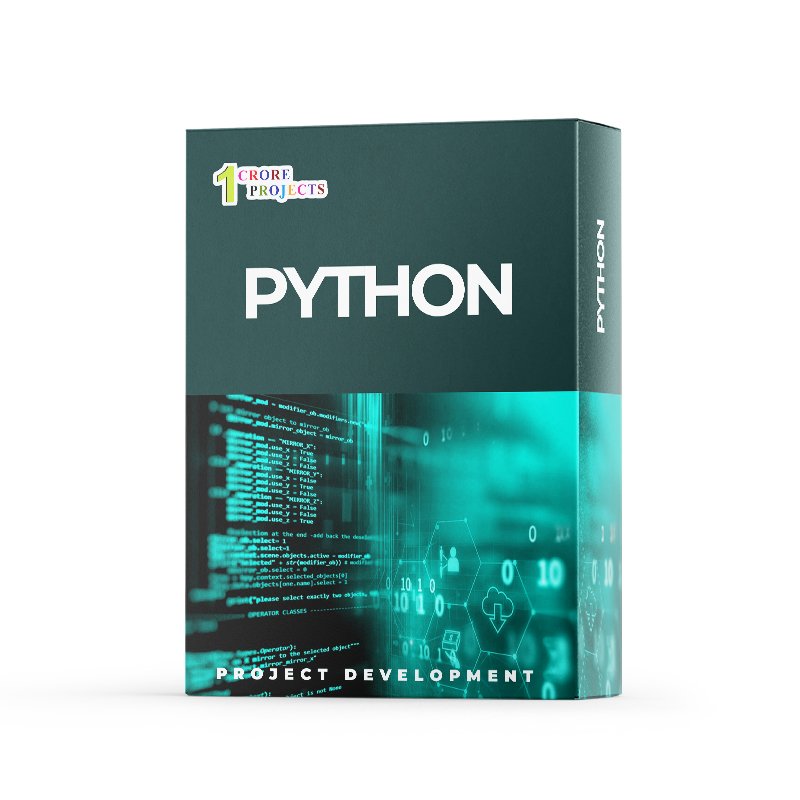Description
Machine Learning (ML) based Network Intrusion Systems (NIDSs) operate on flow features which are obtained from flow exporting protocols (i.e., NetFlow). Recent success of ML based NIDS solutions assume such flow information (e.g., avg. packet size) is obtained from all packets of the flow. However, often in practice flow exporter is deployed on commodity devices where packet sampling is inevitable. As a result, applicability of such ML based NIDS solutions in the presence of sampling (i.e., when flow information is obtained from sampled set of packets instead of full traffic) is an open question. In this study, we explore the impact of packet sampling on the performance and efficiency of ML-based NIDSs. Unlike previous work, our proposed evaluation procedure is immune to different settings of flow export stage. Hence, it can provide a robust evaluation of NIDS even in the presence of sampling. Through sampling experiments, we established that malicious flows with shorter size (i.e., number of packets) are likely to go unnoticed even with mild sampling rates such as 1/10 and 1/100. Next, using the proposed evaluation procedure we investigated the impact of various sampling techniques on NIDS detection rate and false alarm rate. Therefore detecting vulnerabilities in the system in the network has been more important and need to be done as accurate as possible in real time. in this model will be created and trained using ML Algorithms to distinguish if there is an attack or not in the network packet.





Reviews
There are no reviews yet.